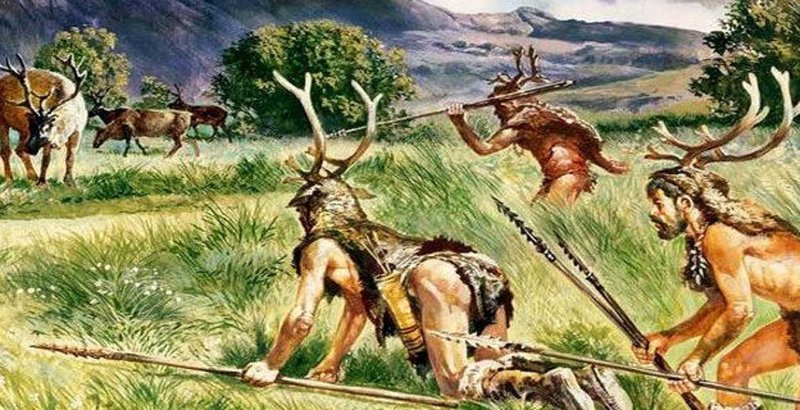Before the agricultural revolution …. life was hard …. And there was no question of living in “harmony with nature.”
…
“Living in balance with nature” 300 years ago …. meant that a quarter to a third of your children never reached adulthood …. No human being living in an industrialized country would voluntarily become a farmer …. And what farmers planted at that time were not “natural” plant varieties, but results of millennia-long breeding.
…
There are people who have come up with the dirty word “anthropocentric.” Anyone who puts the fate of humanity above the fate of the rest of nature is somehow a bad person. Personally, I am committed to my anthropocentrism.
Do not get me wrong: Conservation is important …. For the love of nature, but above all for the love of ourselves, because a monocultural world with gigantic agricultural areas, on which there are only cows, pigs, chickens and farmed salmon, seems to me anything but worth living.
Nevertheless, we must save tens of billions of people from starvation …. [Genetically modified] plants that require less water, endure more heat, are less prone to pests and produce higher yields, could help. And incidentally, help stop destroying habitats for animals
Editor’s note: This article was originally published in German. This English summary has been prepared with Google Translate and edited for clarity.
Read full, original article: “Im Einklang mit der Natur” ist eine Täuschung































